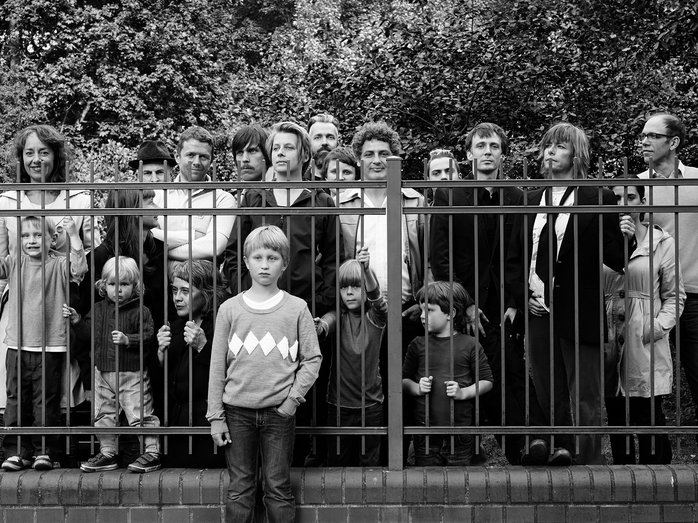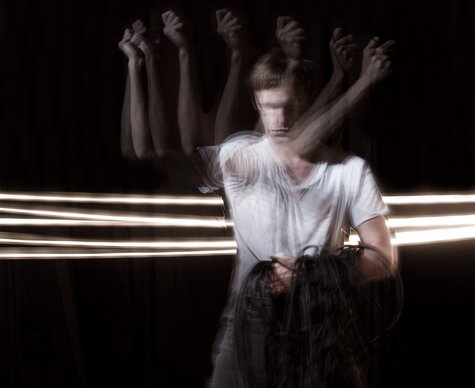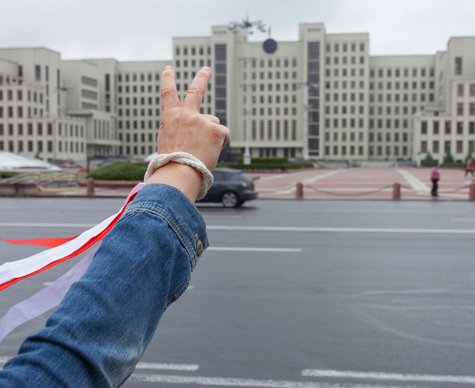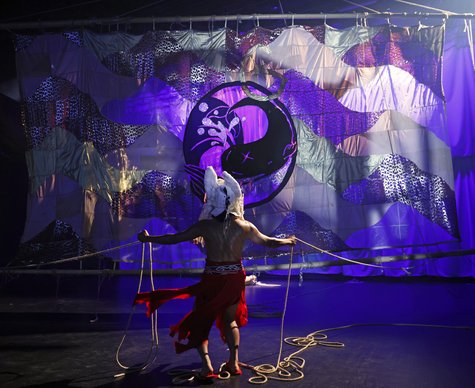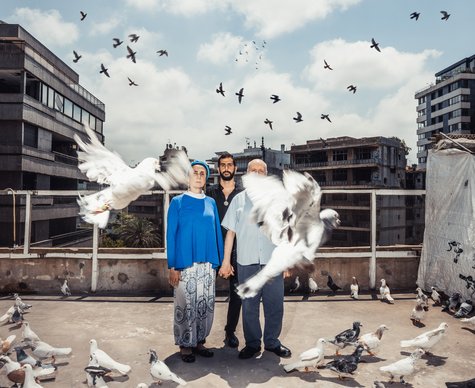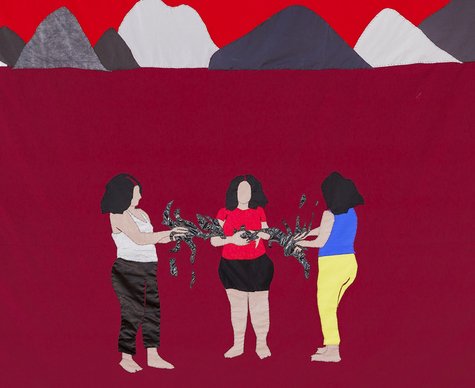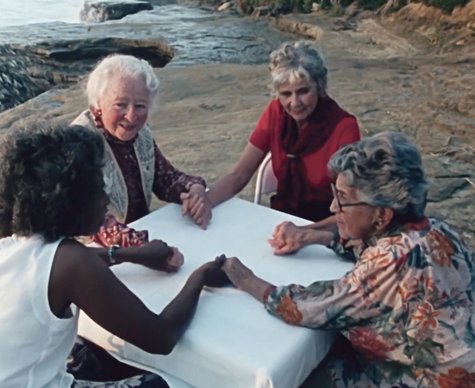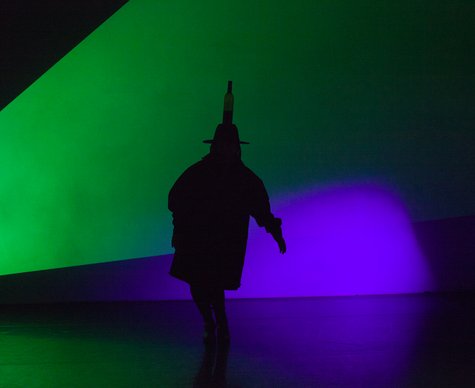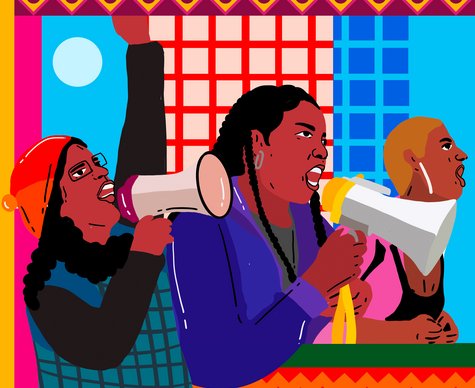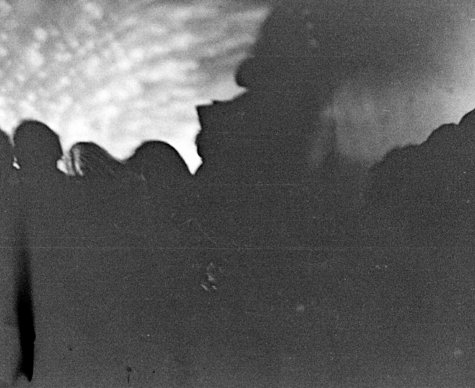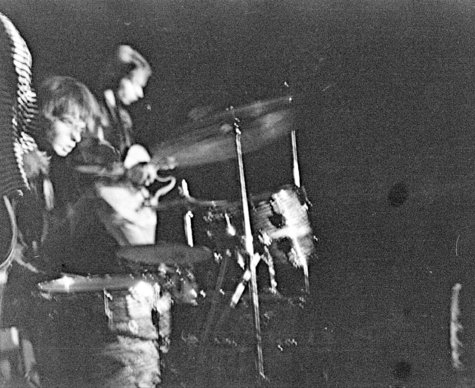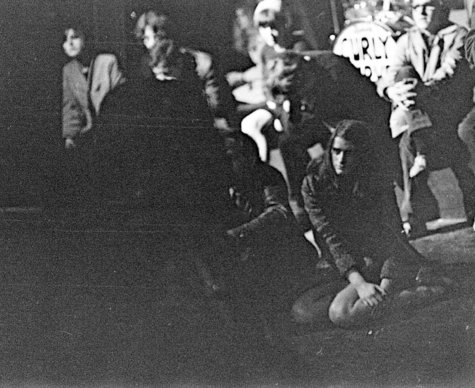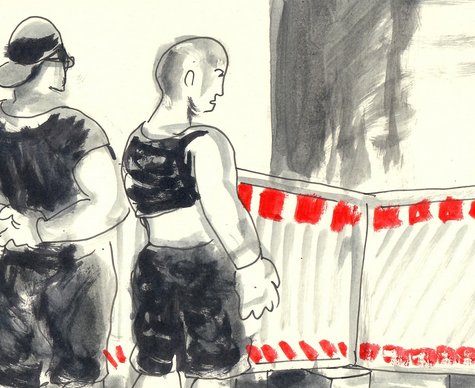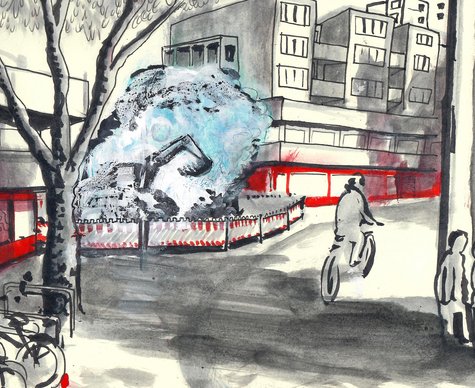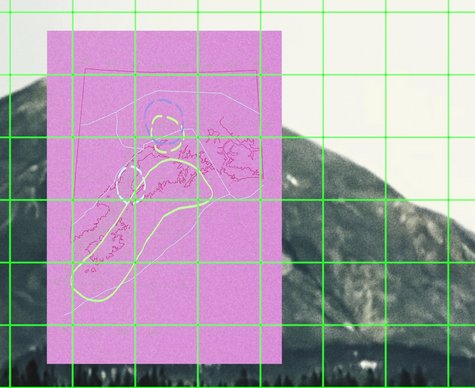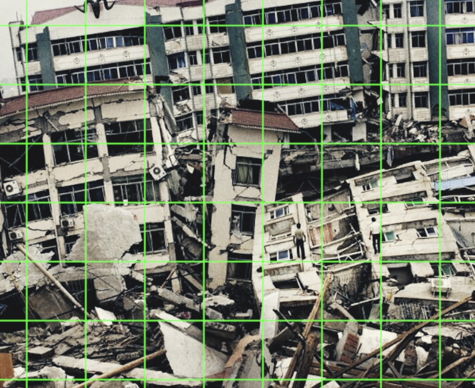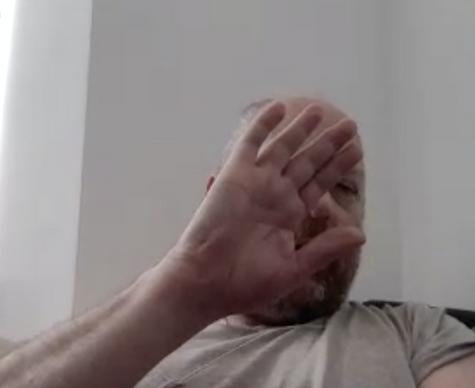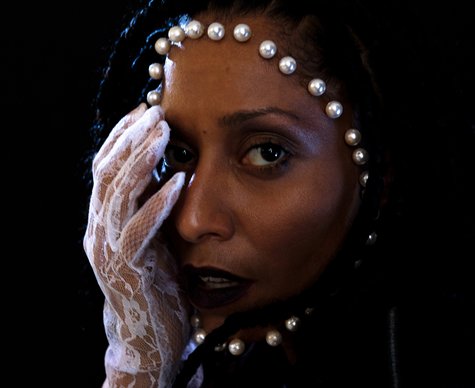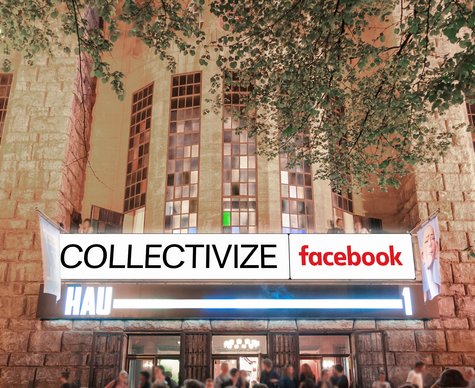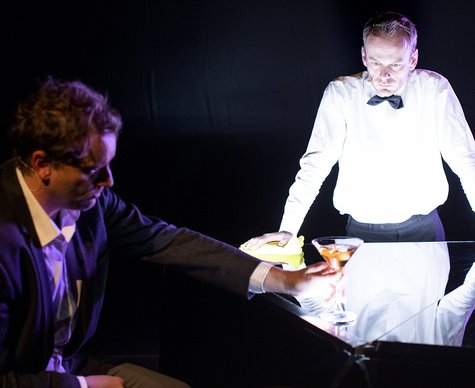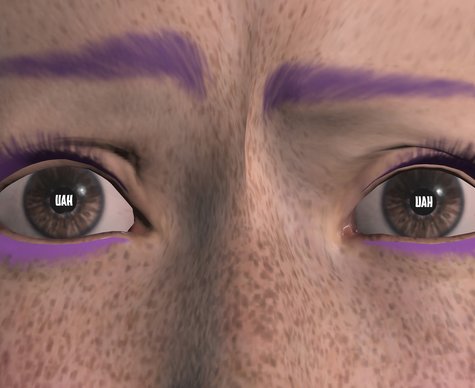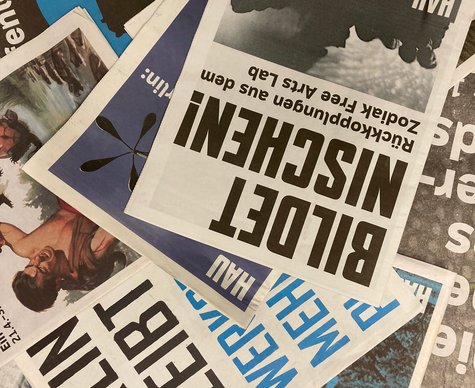One section of the films in the programme looks at the question of the effects of work on people and vice versa, whether it can be represented in film at all and what images of work and social reality manifest in and through film. In one way represented through the actual working conditions behind the camera, in another through the subject matter represented in front of it, sometimes both. Another section of films is about visions and obsessions, alternatives, wrong turns and the abyss.
21.11.2014, HAU2
19:00
WORK HARD - PLAY HARD
DIR: Carmen Losmann, D 2011, 90', documentary, ger., OmeU
Warnung vor einer Heiligen Nutte
DIR: R.W. Fassbinder, BRD 1970, 99', motion picture, ger./en., OmeU
21:00
Arbeiter verlassen die Fabrik
DIR: Harun Farocki, D 1995, 36', documentary, ger., EV
Ende einer Kommune
DIR: Joachim von Mengershausen, BRD 1970, 50', s/w, documentary, ger. OV
22:00
PETRA
DIR: hangover ltd:* (Christine Groß, Sophie Huber, Ute Schall, Tatjana Turanskyj), D 2003, 73', motion picture, ger., OmeU
Slaves in Paradise
DIR: Madonna Benjamin, UK 1999, 50', documentary, en., OV
On the Films
WORK HARD - PLAY HARD
DIR: Carmen Losmann, D 2011, 90', documentary, ger., OmeU
The quest for maximisation of profit and boundless growth has discovered a new resource – people. Carmen Losmann has made a deeply disturbing film about the modern working world. The boundaries between work and lifestyle are to be abolished. In the choice, motivation and training of the employees of tomorrow, nothing is left to chance. Self optimisation is on the agenda. In our modern working world, the restructuring of a company means the restructuring of the employee.
Warnung vor einer Heiligen Nutte (Beware of a Holy Whore)
DIR: R.W. Fassbinder, BRD 1970, 99', motion picture, ger./en., OmeU
In a Spanish seaside hotel a film crew is waiting for the director, the star and the script to appear. While waiting, a testy mixture of competitiveness, boredom and vanity develops between the actors and the technicians. When the despotic director finally shows up, he starts ruthlessly using the organisational and interrelational chaos for his own ends.
Workers Leaving the Factory
DIR: Harun Farocki, D 1995, 36', documentary, ger., EV
Workers Leaving the Factory - such was the title of the first cinema film ever shown in public. For 45 seconds, this still existent sequence depicts workers at the photographic products factory in Lyon owned by the brothers Louis and Auguste Lumière hurrying, closely packed, out of the shadows of the factory gates and into the afternoon sun. Only here, in departing, are the workers visible as a social group. But where are they going? To a meeting? To the barricades? Or simply home? These questions have preoccupied generations of documentary filmmakers. For the space before the factory gates has always been the scene of social conflicts. And furthermore, this sequence has become an icon of the narrative medium in the history of the cinema. In his documentary essay of the same title, Harun Farocki explores this scene right through the history of film. The result of this effort is a fascinating cinematographic analysis in the medium of cinematography itself, ranging in scope from Chaplin's Modern Times to Fritz Lang's Metropolis to Pier Paolo Pasolini's Accattone!. Farocki's film shows that the Lumière brothers' sequence already carries within itself the germ of a foreseeable social development: the eventual disappearance of this form of industrial labor. (Klaus Gronenborn, Hildesheimer Allgemeine Zeitung, November 21, 1995)
Ende einer Kommune (The End of a Commune)
DIR: Joachim von Mengershausen, BRD 1970, 50', s/w, documentary, ger. OV
Joachim von Mengershausen, talks about the film:
"The End of a Commune is quite an old film. Fassbinder had taken over the Kellertheater in Munich and at the same time Liebe ist Kälter Als der Tod (Love is Colder than Death) was nominated for a prize at the 1969 Berlinale to everyone's great surprise. With a 2m tall cameraman, on loan to me with a camera and 16mm film stock from SDR (Süddeutsche Rundfunk – South German TV), we filmed the performances by the Munich theatre group calling themselves antiteater in June / July in Munich, Berlin and Bremen.
Fassbinder's piece Paradise Now was performed in the studio at the Munich Kammerspiele, then in the Forumtheater on Kurfürstendamm in Berlin to muted success and then, after the explosive premiere of Love is Colder than Death at the Zoopalast, travelled to Bremen where the ensemble of the city theatre under the director Kurt Hübner were rehearsing Fassbinder's adaptation of Goldonis Caféhaus. After Fassbinder and his actors had watched half an hour of the rehearsal by the Bremen company, Fassbinder went to the director and offered to take over the premiere with his people. Surprised and fascinated at the same time, Hübner agreed.
This is more or less what is shown in the film without commentary. At the time I was fascinated by the thought of making theatre in the spirit of a commune, and how someone came along and without any resistance from those involved, was able to take the whole enterprise, turn it around and stand it on its head. That freedom of thought at the time so rapidly changed back into authoritarian thinking and actions."
Slaves in Paradise
DIR: Madonna Benjamin, UK 1999, 50', documentary, en., OV
In flat farmers' fields 50 miles outside Vienna, down a barely marked dirt track and behind a high wall, stands what appears to be a modern university hall of residence, complete with an ornamental lake, around which the inhabitants, now mostly in their 50s, sunbathe and swim in the nude. The place, hidden from prying rural eyes, is called Friedrichshof, and for a halcyon period between the early 70s and the beginning of the 90s was the world's most famous sex commune. Set up for idealistic young people by a then middle-aged Vienna artist, Otto Muehl, the commune swiftly degenerated into an out-of-control Muehl cult where the 600-strong community's pre-occupation was to procure ever younger girls for the ever older, fatter and more arrogant leader to sleep with. Muehl believed humanity's future lay in a life of free love, art, endless psychotherapy and economic communism. Slaves in Paradise charts the history of the commune, and reveals how neither the chaos Friedrichshof descended into, nor even Muehl's arrest and imprisonment, quite managed to quell the cult. Not only do many of the original commune members still live on the compound, but Muehl, in 1999 in his 70s and suffering from Parkinson's, has founded a new commune in Portugal with a group of fundamentalist followers. Like the original Friedrichshof members, they are all commanded to sleep with a different partner every night - apart, that is, from Muehl, who can sleep with whomever he wants whenever he wants. In 1991, amidst predictable hullabaloo in Austria, he was arrested and jailed for seven years for underage sex, no small feat in a country where the age of consent is 14.
PETRA
DIR: hangover ltd.* (Christine Groß, Sophie Huber, Ute Schall, Tatjana Turanskyj), D 2003, 73', motion picture, ger., OmeU
"…You know what? You're asleep and you're in a feverish delirium, in a fever of excitement… frenzied… and you have a hot dream, something wet, you know what I'm getting at, we've done it before… sexed up…that's how it has to come out of you…”
Petra is a manic workaholic. Unable to communicate other than through her work, she directs Teddy, Kim and Hannah day and night to act out her latest ideas, fantasies and obsessions. PETRA is a film about artistic exploitation, unattained desire and the issues of living exclusively through artistic expression in an otherwise hermetic world. PETRA is the second film by hangover ltd.*, a Berlin film collective founded by Christine Gross, Sophie Huber, Ute Schall, Claudia Splitt and Tatjana Turanskyj in 2001. Until their separation in 2007, the collective produced three feature films, the award winning short film Remake and a live-film performance for Volksbühne im Prater. Its members continue working as filmmakers.
Photo: amber films
Dates
Location
HAU2
Hallesches Ufer 34, 10963 BerlinThere are two marked parking spots in front of the building. Barrier-free restroom facilities are available. Four relaxed seats are available in the first row of HAU2.
